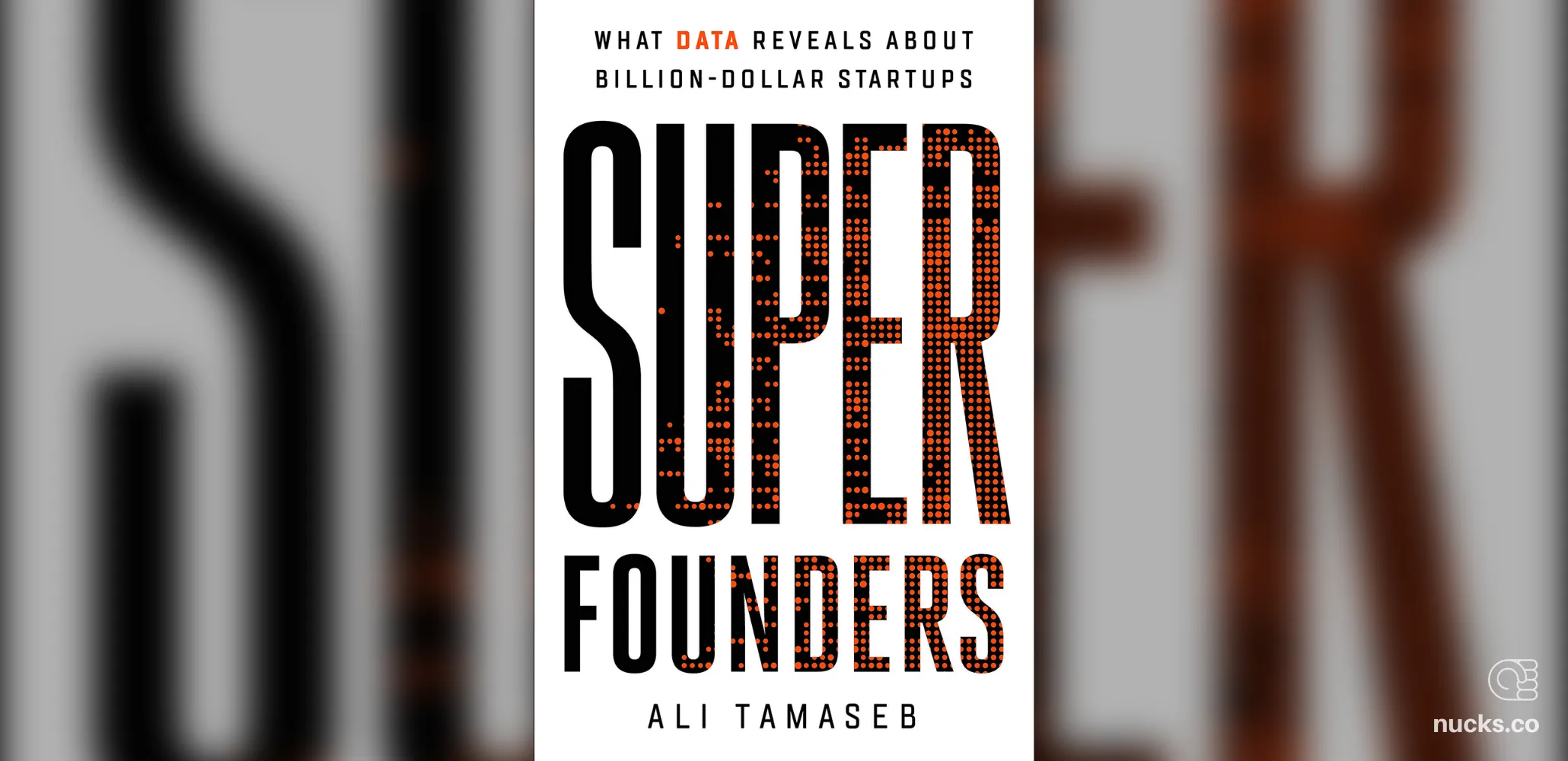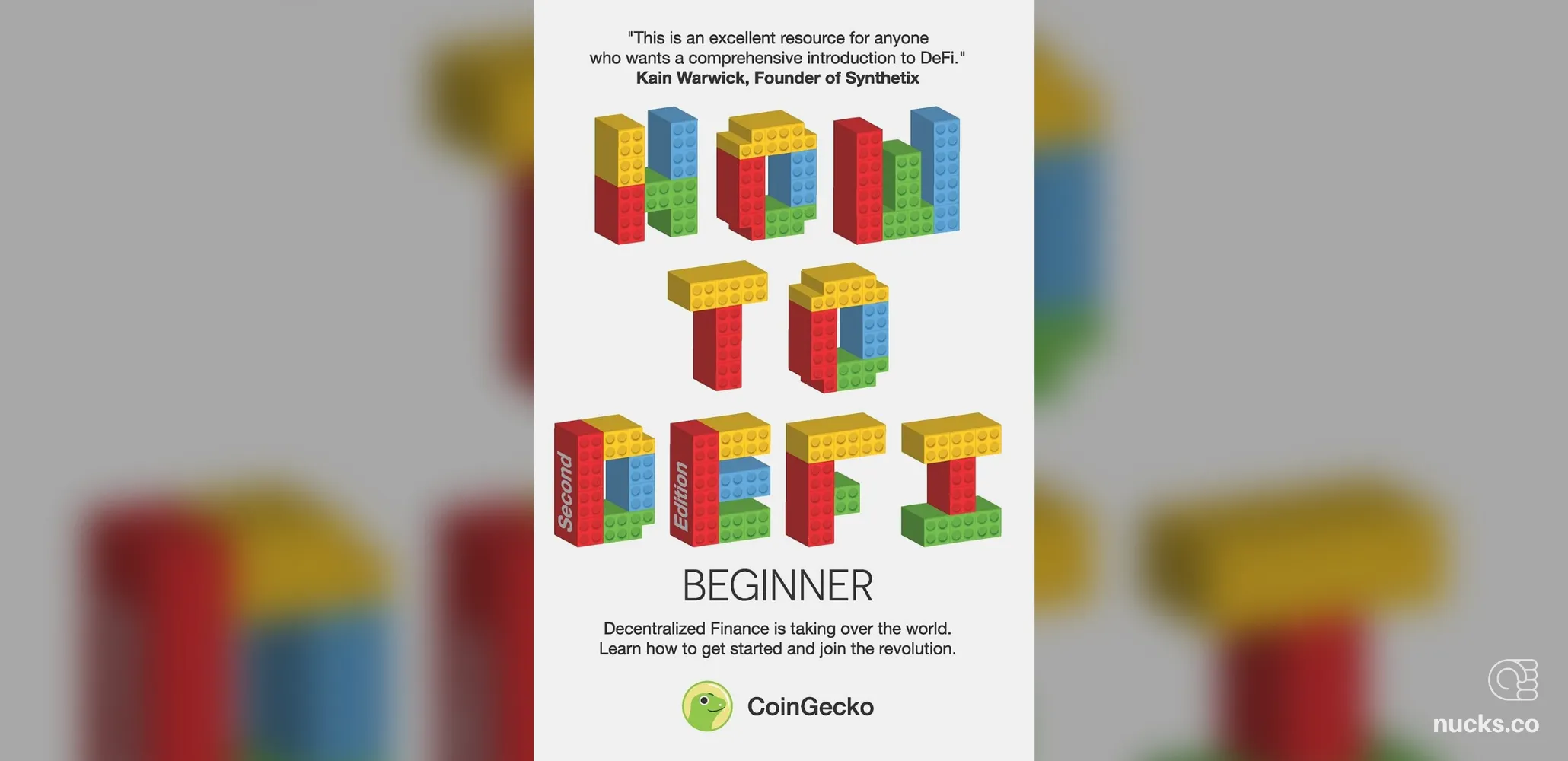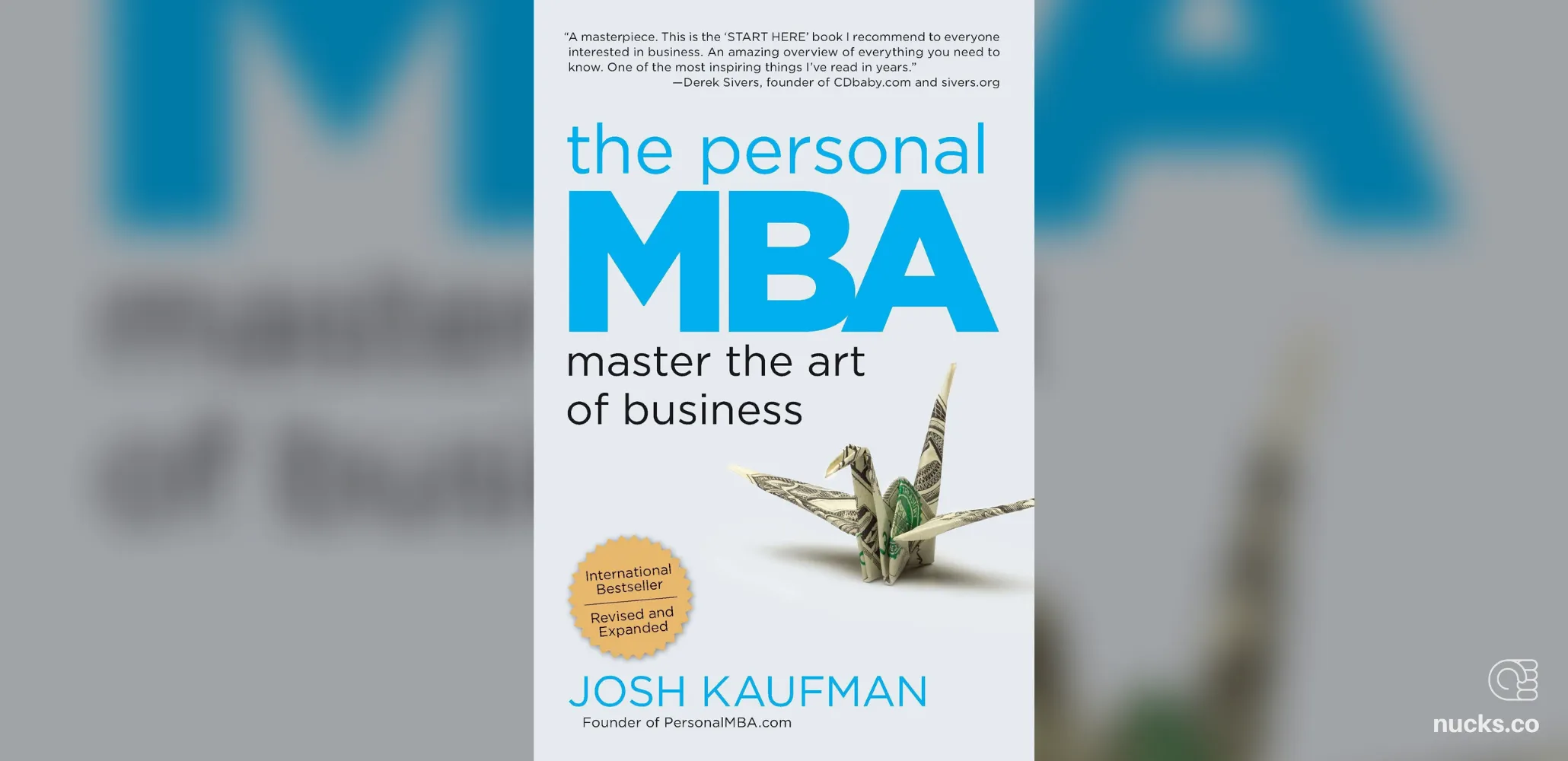Super Founders: What Data Reveals About Billion-Dollar Startups by Ali Tamaseb
6 min read

Have other book notes like this sent directly to your inbox 📥
Sign up for my newsletter
Receive quality content on diverse topics. The premium edition, for free. 👊🏽
More book notes from Nucks

How to Defi (Beginner) by Coingecko
Anyone confused about Defi and crypto hype on Twitter should read this book. It provides the most elegant and simple explanations of what is happening in this new industry. This book cuts through the noise and provides value where it is clearly needed.
February 25th, 2022 · 24 min read

The Personal MBA: Master the Art of Business by Josh Kaufman
For any aspiring MBA candidate, this book is a must-read. It dives into a variety, if not all, of business subjects that you would study in top MBA programs. The purpose of the book is to serve as an all-in-one guide so you can teach yourself, save thousands of dollars, and succeed in business without the popular MBA degree.
February 27th, 2020 · 7 min read